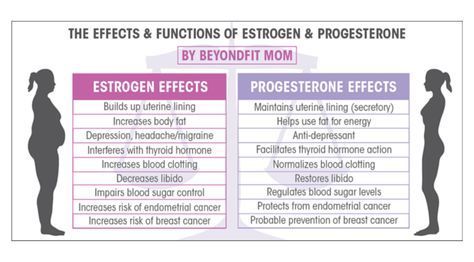Weight loss has become a constant concern for many people, especially in today’s society where a fit and healthy body is highly esteemed. With numerous weight loss supplements flooding the market, it is natural to question their effectiveness. Are these supplements really the solution to shedding those extra pounds? In this article, we will explore the world of weight loss supplements and determine whether they truly live up to the promises they make.
Understanding Weight Loss Supplements
Weight loss supplements are dietary pills or products that claim to aid in burning fat, boosting metabolism, or reducing appetite. They usually contain a blend of ingredients, including herbs, vitamins, minerals, and other substances that are believed to enhance weight loss.
The Role of Weight Loss Supplements
While weight loss supplements may seem like a magic solution, it’s important to understand their actual role in the weight loss process. These supplements are designed to complement a healthy lifestyle that includes regular exercise and a balanced diet. They are not intended to replace these essential factors, but rather provide support to enhance the weight loss journey.
Evidence and Research
When it comes to weight loss supplements, the question arises: do they really work? The answer is not straightforward. While some supplements have shown promising results in certain studies, it is crucial to approach the claims with caution.
Many weight loss supplements are not regulated by the Food and Drug Administration (FDA), which means they do not undergo rigorous testing to prove their effectiveness and safety. This lack of regulation makes it challenging to determine the true efficacy of these products.
Some popular weight loss supplements have been extensively researched and have shown mild effects on weight reduction. For example, studies have suggested that green tea extract can increase fat burning and boost metabolism. Similarly, caffeine, when used in moderation, has been linked with a slight increase in metabolic rate.
However, it is essential to note that individual results may vary, and the effectiveness of weight loss supplements can depend on numerous factors, including genetics, lifestyle, and overall health status.
Potential Risks and Side Effects
Weight loss supplements, like any form of dietary product, come with potential risks and side effects. It’s important to be aware of these risks before incorporating them into your weight loss journey.
Certain weight loss supplements contain stimulants, such as caffeine or ephedrine, which can increase heart rate and blood pressure. These stimulants can have adverse effects on individuals with cardiovascular issues or those sensitive to such substances.
Additionally, weight loss supplements may interact with certain medications, leading to unwanted reactions or reduced effectiveness of the prescribed drugs. It is crucial to consult a healthcare professional before adding any weight loss supplement to your regimen, especially if you have underlying health conditions or take medications.
Making Informed Choices
Choosing the right weight loss supplement can be a daunting task. With countless products claiming miraculous results, it’s crucial to approach the decision with skepticism and do thorough research.
First and foremost, consult with your healthcare provider or a registered dietitian who can evaluate your individual needs and guide you in the right direction. They can provide professional advice and recommend supplements that are safe and suitable for you.
When considering a weight loss supplement, read the labels carefully and look for credible scientific evidence to support the product’s claims. Be wary of exaggerated or unrealistic promises, as they are often marketing tactics aimed at selling products rather than providing genuine assistance in weight loss.
Additionally, it’s important to remember that weight loss supplements are not a substitute for a healthy lifestyle. Regular exercise, a balanced diet, and maintaining overall well-being should be the foundation of any weight loss journey.
The Bottom Line
Weight loss supplements can offer support in achieving weight loss goals, but they are not a magic solution. Their effectiveness may vary, and potential risks should be carefully considered before use.
When considering weight loss supplements, seek professional advice, conduct thorough research, and select products that have been tested and proven safe. Remember, the key to sustainable weight loss lies in embracing a healthy lifestyle that incorporates proper nutrition, regular exercise, and overall well-being.






